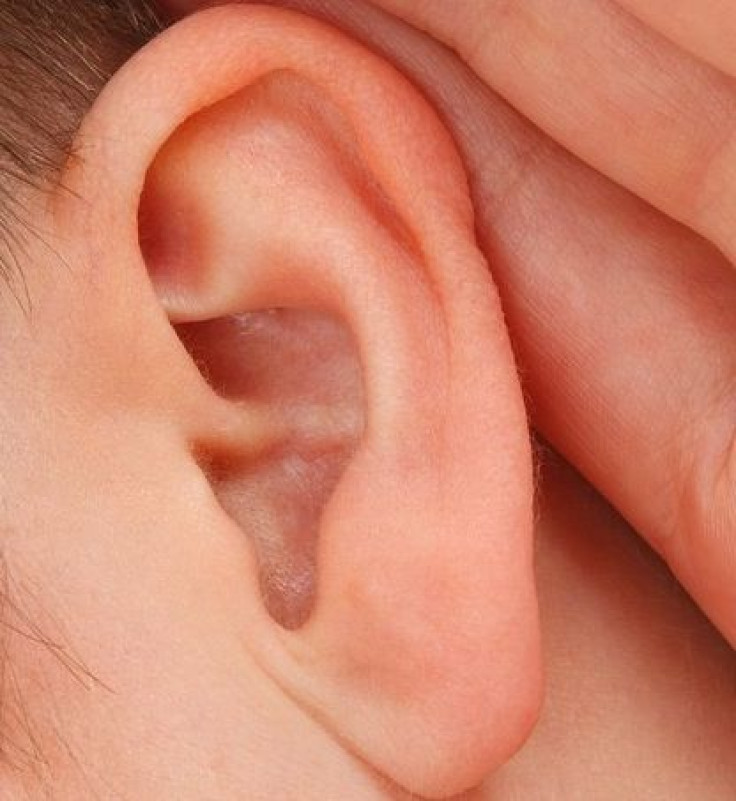Rare Condition Leaves Woman "Listening" to Never-Ending Songs for the Past 2 Years

Cath Gamester has been forced to listen to a never-ending stream of songs for the past two years. The 84-year-old said she began suffering musical ear syndrome, a condition that bombards her with auditory hallucinations, after she began taking antidepressants to cope with her depression after he sister's death.
The grandmother from UK told the BBC that since her musical nightmare began in 2010 she has heard songs including God Save the Queen, Abide with me, You'll Never Walk Alone and Silent Night, and that she despises the song "Happy Birthday".
"Happy Birthday - every few minutes I'm wishing someone happy birthday - I hate that one," she told the BBC.
Gamester said that the songs never stop, going "on and on and one, one song after another."
"It's a tenor, a man's voice and it's a nice voice, very strong, loud and there's like a background of music," she explained.
Musical ear syndrome is a condition that usually affects people over the age of 65 who also suffer from tinnitus, a condition that makes sufferers perceive sound in the absence of corresponding external sound.
Gamester believes that her condition was triggered by a course of antidepressants she was prescribed two years ago.
"I went to bed and when I woke up I heard music. I thought to myself it must be next door - he must be playing a record because it was going on and on," she said. "I went out the back door, I went out the front door, I went out to see if there was any music being played everywhere, I was thinking where is it coming from?"
To shut off the incessant songs, Gamester says that she sometimes vacuums her house or tells the imaginary singer to "shut up".
Dr Nick Warner, a psychiatrist who specializes in the elderly, told the BBC he deals with "a couple of cases a year" associated to musical ear syndrome.
"When you get a musical hallucination it feels as if it's real, it feels as if there's a record player playing it or the artist is in the room or in the next-door room," he explained. "As far as you're concerned probably everyone else ought to be able to hear it as well so it's very, very real."
The doctors said that most of the cases he had seen involved patients hearing hymns and Christmas carols.
"On speculative terms, it could be that without knowing it, that person needs to hear something which is in some way reassuring to them," he said.
While there is currently no cure for people who suffer from musical hallucinations, Warner offers some tips to help those living with the conditions.
"Some people have found that putting on other music enables them to take control over from the musical hallucinations," Warner said. "I think talking about it to other people probably helps, distracting yourself, doing as much as you possibly can."



























